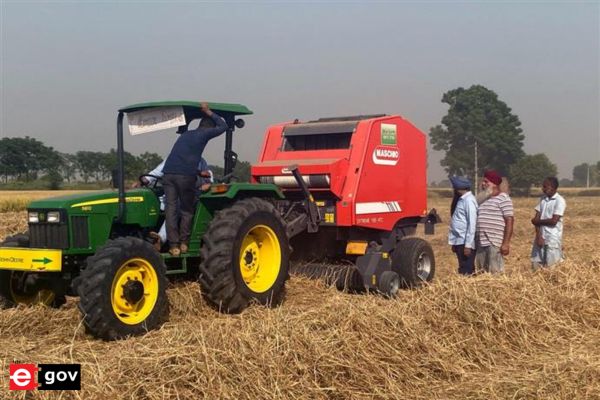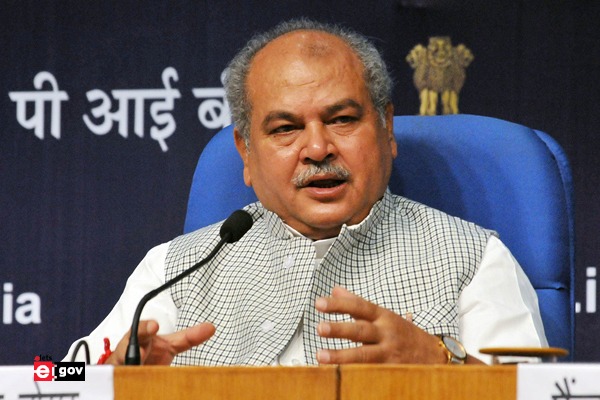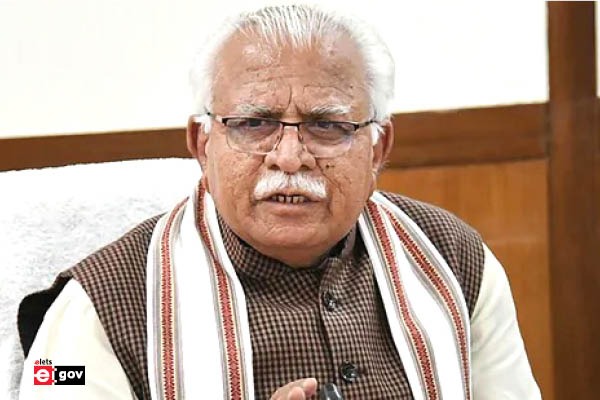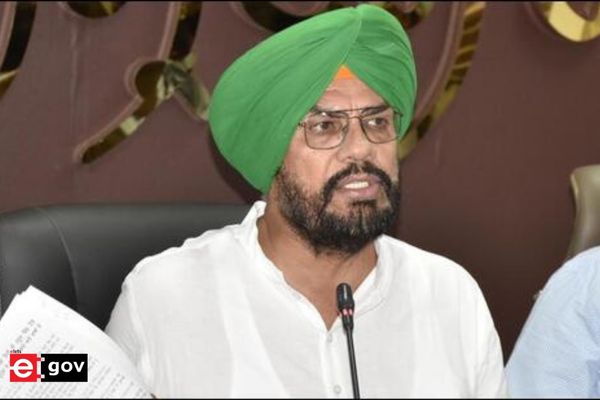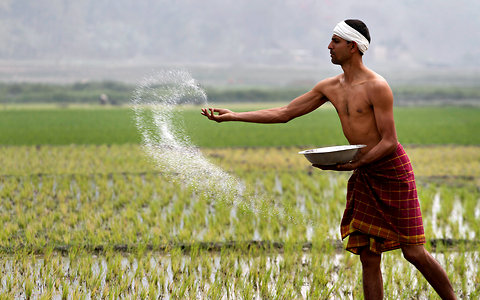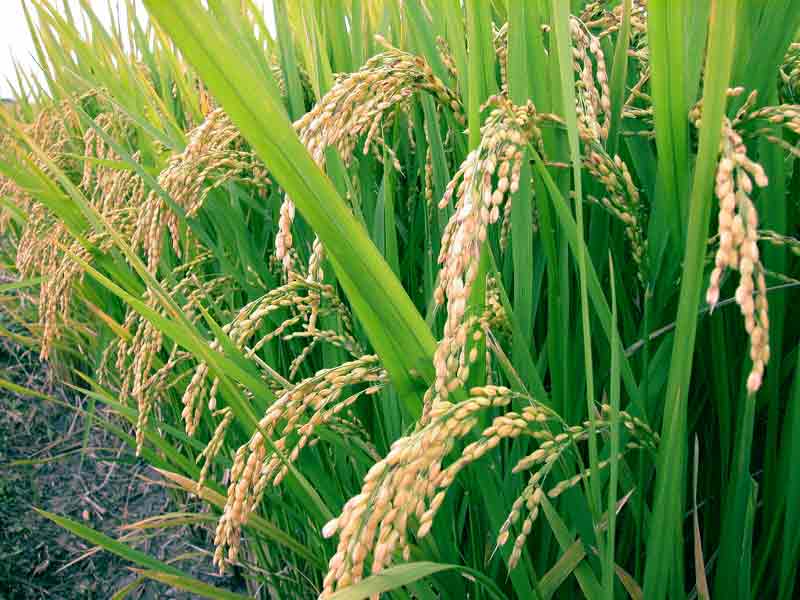Indian retailers are teaching farmers about how to plant crops and fight pests. The Associated Chambers of Commerce and Industry of India (ACCII) claims that customers in small town and villages across the country will increase up to 60 percent to $18.1 billion by 2012.
The Indian government has allowed farmers to sell crops directly to wholesalers and abolished state-run monopolies, which paid fixed prices to ensure affordable food supplies. Reliance Industries Ltd., India's biggest non-state company, and four other firms has plan to build 2,900 rural stores in the next five years. ITC is building national crop procurement network of 6,500 'e-Choupal,' kiosks for village meeting place. Farmers can sell their crops online, then deliver the produce to supermarkets where they can buy everything from cookies to pesticides. The Prime Minister of India, Manmohan Singh wants to boost farmers by spending INR 1.76 trillion between 2004 and 2009 to build roads, provide telephones and link villages to the power grid. The government is calling on state-run banks to increase loans to farmers by 18.4 percent this year. Farmers are using the Internet to get more information, improving yields, cutting consumption of inputs and ensuring higher prices for their produce.
Be a part of Elets Collaborative Initiatives. Join Us for Upcoming Events and explore business opportunities. Like us on Facebook , connect with us on LinkedIn and follow us on Twitter, Instagram.


